Russia tests nuclear-capable missile amid tensions with West
Russia has successfully test-launched a new nuclear-capable intercontinental ballistic missile, which President Vladimir Putin says would make Moscow’s enemies “think twice,” at a time of heightened tensions with the West over Ukraine.
Russia’s Defense Ministry announced on Wednesday that the Sarmat missile, a long-awaited addition to the country’s nuclear arsenal, was fired for the first time from a silo launcher in Plesetsk State in the country’s northwest Arkhangelsk region at 1512 Moscow time (1212 GMT).
According to the ministry, the missile’s practice warheads hit designated targets in Kamchatka, nearly 6,000 km (3,700 miles) away in the Pacific.
Putin congratulated the army on the successful launch of the Sarmat in televised remarks, calling it “a big, significant event” for Russia’s defense industry.
“The new complex has the highest tactical and technical characteristics and is capable of overcoming all modern means of anti-missile defense. It has no analogues in the world and won’t have for a long time to come,” Putin said.
“This truly unique weapon will strengthen the combat potential of our armed forces, reliably ensure Russia’s security from external threats and provide food for thought for those who, in the heat of frenzied aggressive rhetoric, try to threaten our country.”
Dmitry Rogozin, head of the Roscosmos space agency, said Russia’s nuclear forces will start taking delivery of the new missile “in the autumn of this year” once testing is complete.
Douglas Barrie, senior fellow for military aerospace at the International Institute for Strategic Studies, also said the launch was an important milestone after years of delays caused by funding issues and design challenges.
He said more tests would be needed before Russia could actually deploy the missile in place of the ageing SS-18 and SS-19 missiles that were “well past their sell-by date.”
Barrie said Sarmat’s ability to carry 10 or more warheads and decoys, and Russia’s option of firing it over either of the Earth’s poles, posed a challenge to ground and satellite-based radar and tracking systems – “this complicates where you’ve got to look.”
Igor Korotchenko, editor-in-chief of Russia's National Defense magazine, also told RIA news agency the missile test was a signal to the West that Moscow was capable of meting out “crushing retribution that will put an end to the history of any country that has encroached on the security of Russia and its people.”
The test of the Sarmat, which has been under development for years, did not surprise the West, but came at a moment of extreme geopolitical tension over the war in Ukraine.
The Pentagon said Russia had properly notified it ahead of its test launch, adding that it saw the test as routine and not a threat to the United States.
Putin announced a military offensive against Ukraine on February 24. The conflict has provoked a unanimous response from Western countries, which have imposed a long list of sanctions on Moscow.
Days later, Putin put the country’s nuclear deterrence forces on “high alert,” after NATO’s leading members said they would speed weapons and other military assistance to help Ukraine battle Russian forces.
Moscow has repeatedly warned NATO against sending more weapons and troops near Russia, and some NATO members have cautioned that such moves would drastically escalate tensions.
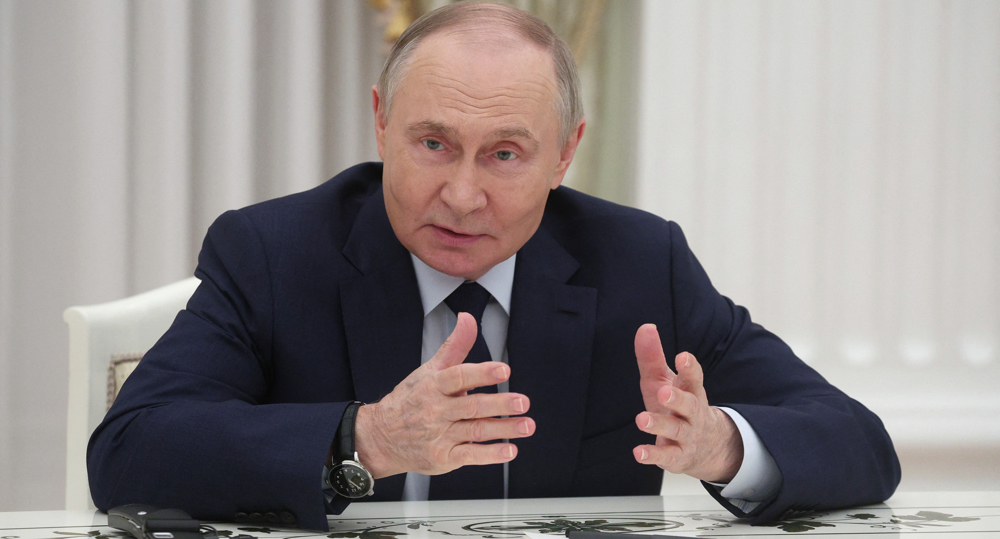
Russia's President Putin ratifies bill for strategic partnership with Iran
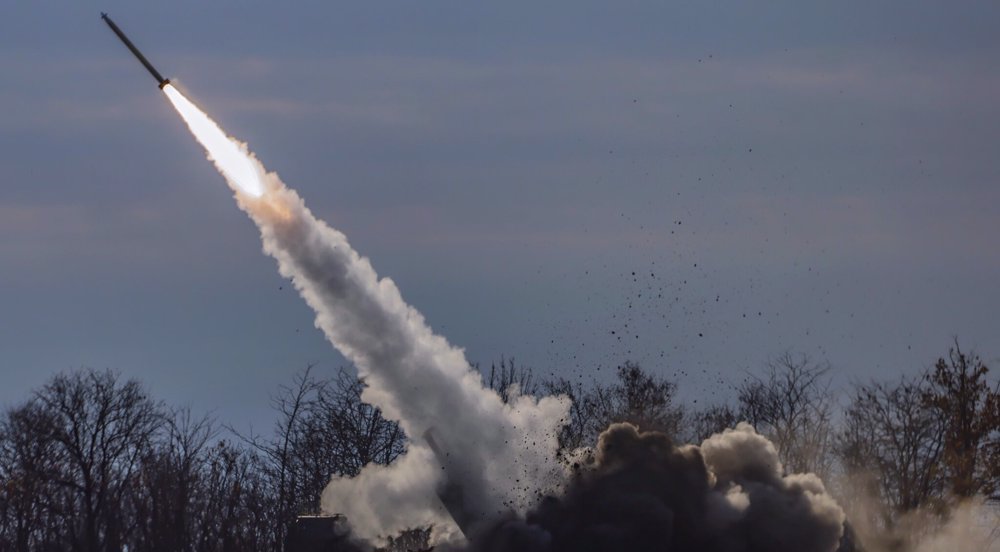
Russia: Ukraine violated Easter ceasefire using US-made weapons
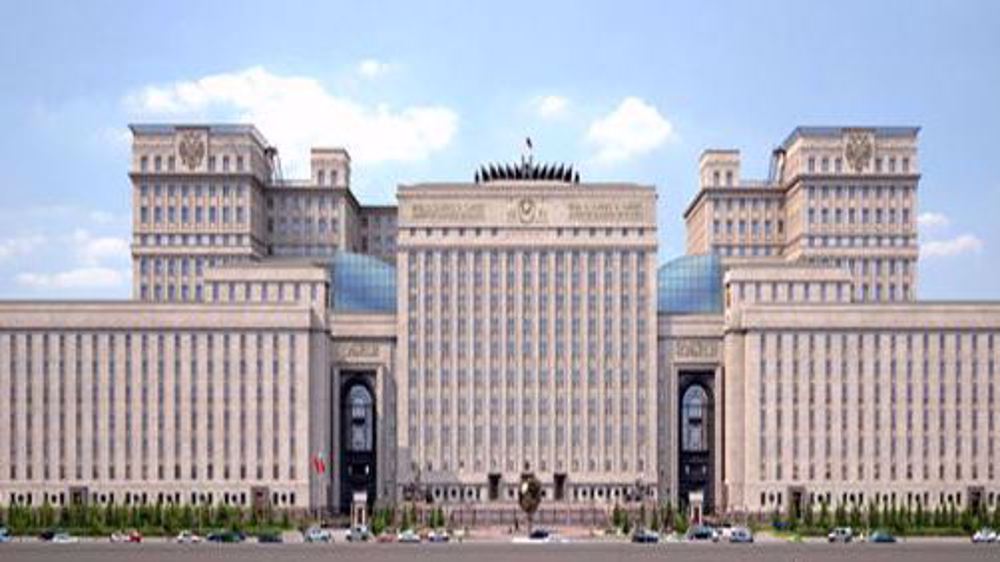
Russia says Ukraine violated Easter ceasefire over 1000 times
Lies unraveled: Ex‑minister says Israel faked Gaza tunnel image to stall truce deal
China says expects ‘in-depth’ talks during Iran foreign minister’s visit
VIDEO | Exclusive: Yemeni eyewitnesses say US warplanes targeted civilians in their homes
VIDEO | Press TV's news headlines
‘Guardians of Revolution’: IRGC warns enemies it is at ‘peak of all-out readiness’
Microsoft collaboration in Gaza genocide
VIDEO | Senior Hamas-allied leader killed in Israeli drone strike south of Beirut
Syria arrests Islamic Jihad officials after US ties sanctions relief to ban on Palestinian groups


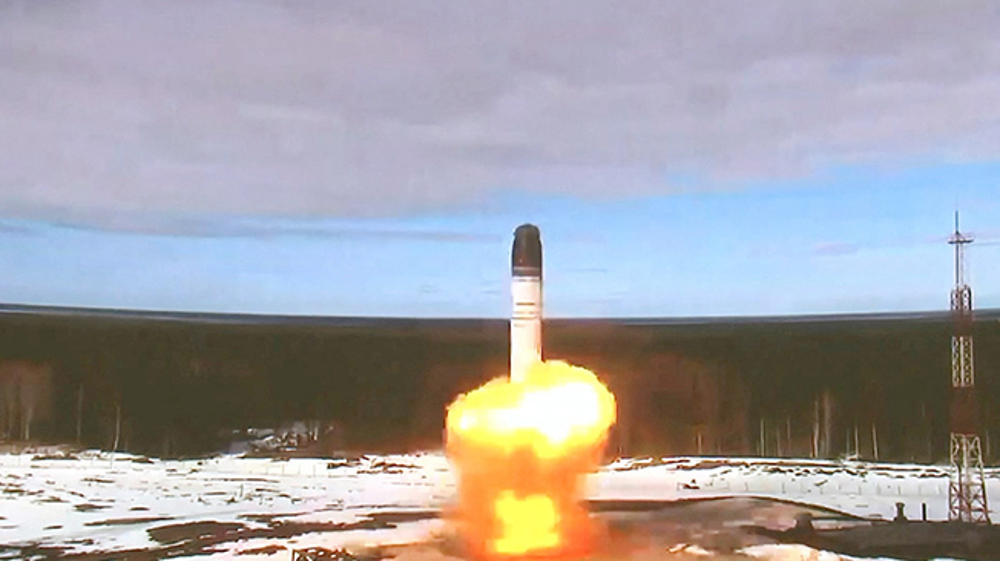
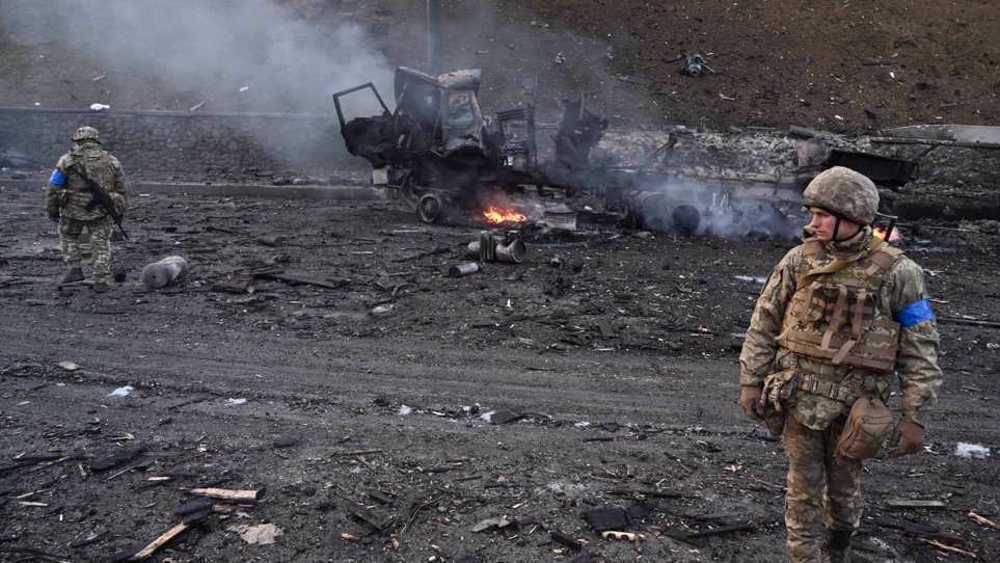
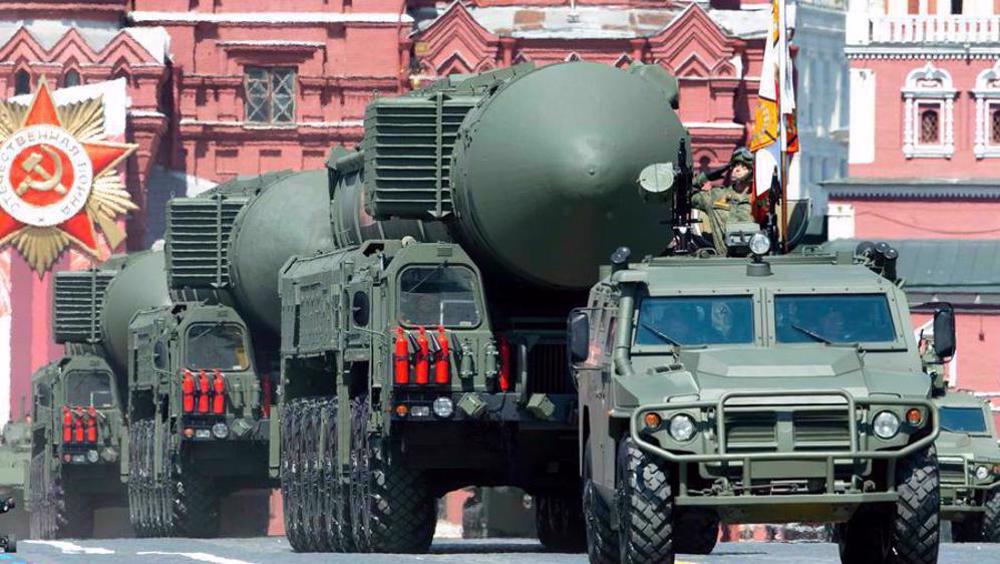




 This makes it easy to access the Press TV website
This makes it easy to access the Press TV website